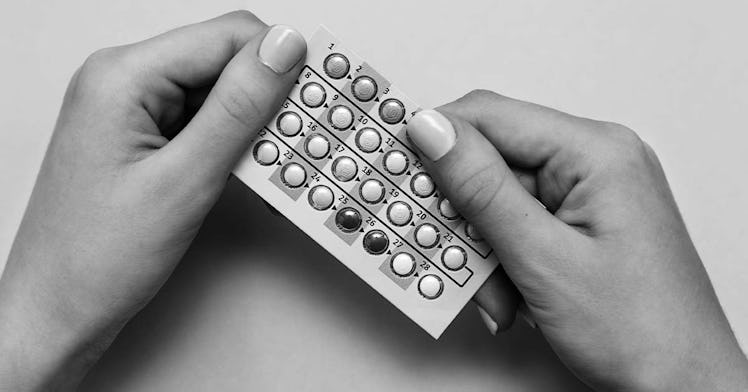Teens Got Birth Control Access in Colorado. Dropout Rates Plummeted
A new study endorses the the transformative power of low or no-cost access to birth control for teen girls.

A recent study published in Science Advances found that when Colorado teens were given access to birth control through a public-health initiative that expanded access to low or no-cost contraceptives, the dropout rate among teen girls plummeted.
But the drop-out rate wasn’t the only significant change that birth control access gave teen girls, per Wired. Additionally, the birth rate among teens fell by over half (54 percent) for teen girls between 15 and 19 and the abortion rate fell even more (63 percent) for girls in the same group.
Graduation rates in Colorado increased from 88 percent to 92 percent; and gains among Hispanic women were the highest, with their rate of graduation jumping from 77 to 87 percent, amounting to about 5 percent of the total increase.
The program decreased dropouts among young girls by 14 percent, amounting to about 3,800 women born between 1994 and 1996 graduating from high school as a result of the program.
“Supporting access to contraception does not eliminate disparities in high school graduation, we but find that it can contribute significantly to narrowing them,” said the lead author of the study, Amanda Stevenson.
The study used data from the state census from 2009 to 2017. The study utilized data of graduation rates within the state, as well as of 17 other states without policies that helped teen girls access birth control, to see just how much the simple policy changed the outcome of teen girl’s lives. The states the study used had similar high school graduation rates and similar public policy, but no birth control program.
The researchers also looked at the educational attainment of over 5,000 Colorado women and compared those to girls who had gone to school before, and after, the policy change.
Sadly, the birth control program was only fully funded until 2015, but lawmakers in the state are trying to pass a bill that would expand birth control access statewide through their Medicaid expansion.
The study is significant largely because it puts a number, and data set, on just how much birth control access really does affect the educational outcomes of teenage girls, and ultimately, their quality of life.
Stevenson said, “One of the foundational claims among people who support greater access to contraception is that it improves women’s ability to complete their education and, in turn, improves their lives. This study is the first to provide rigorous, quantitative, contemporary evidence that that’s true.”
But even more than hard numbers — which are heartening on their own — researchers also suspect a more subtle gain of the program, which is that access to low or no-cost birth control gives girls the confidence to shape their own lives.
“The confidence that you can control your own fertility can contribute to a young woman investing in her education and in her future,” said study co-author Dr. Sara Yeatman.
In short, the study found that access to contraception improves women’s lives. Hopefully, the program is adopted in other states and informs policy makers who may be looking at just how to increase girls’ full participation in education, employment, and the full breadth of their lives.
This article was originally published on